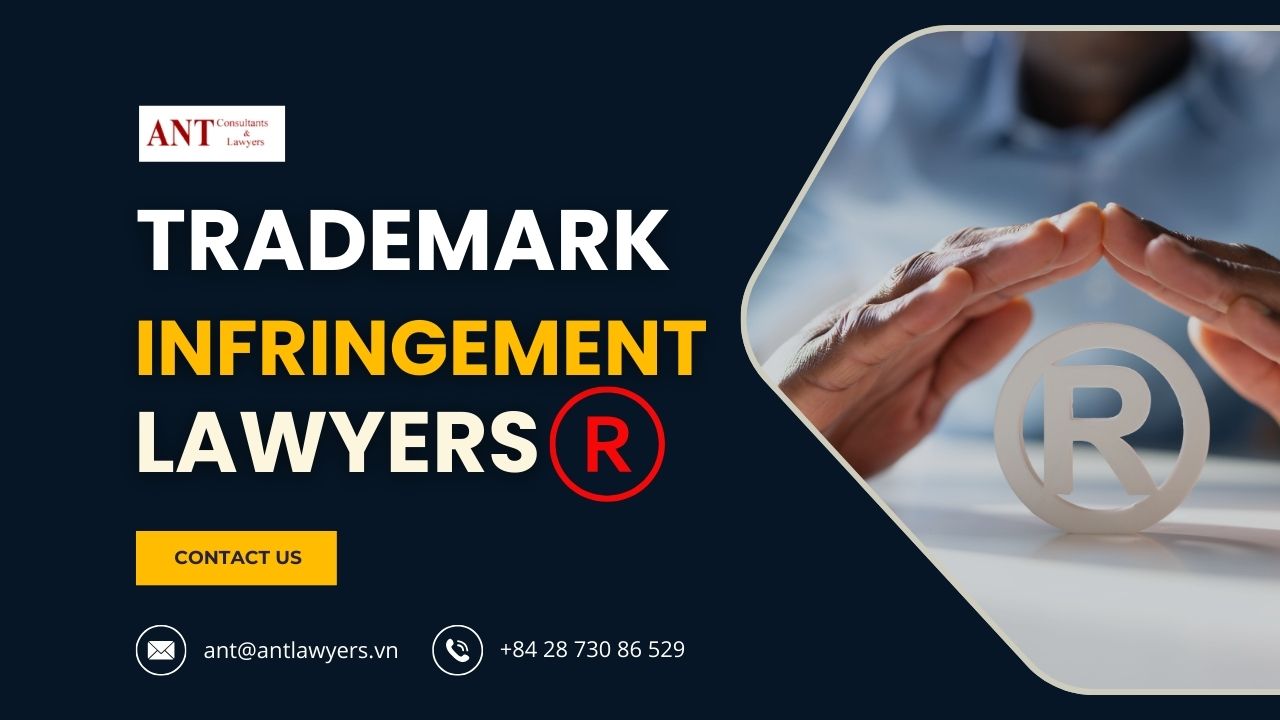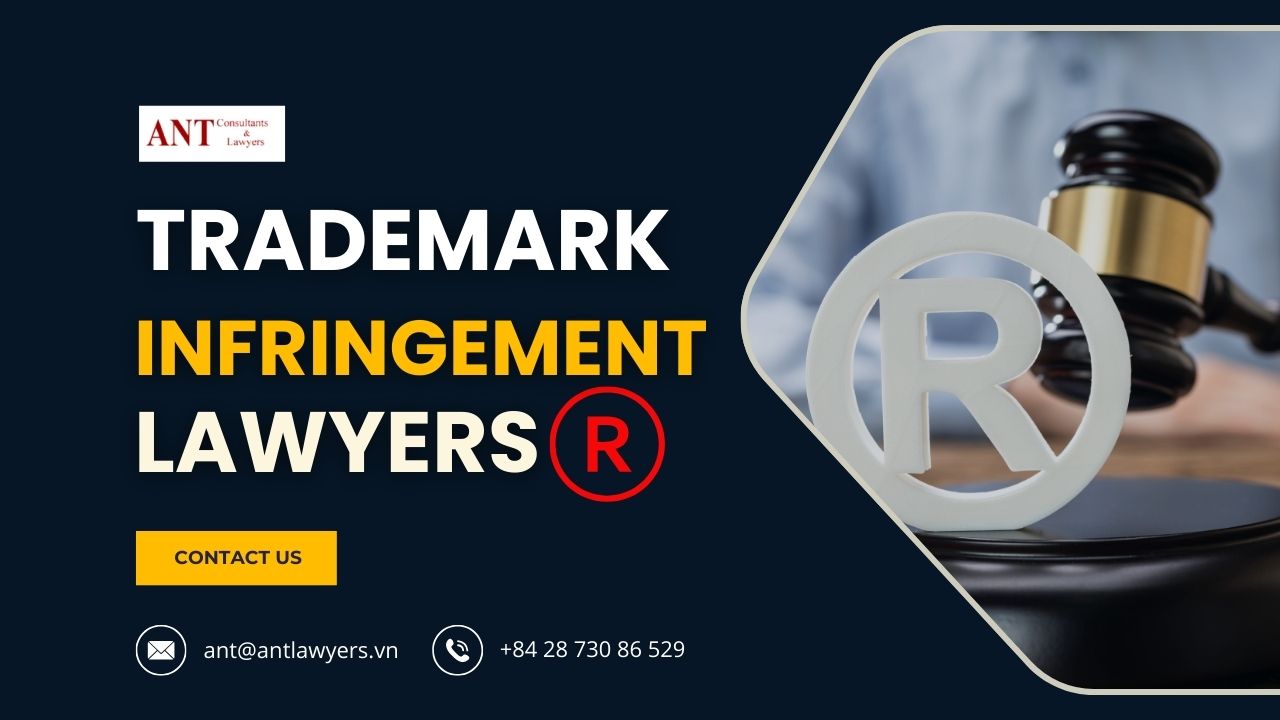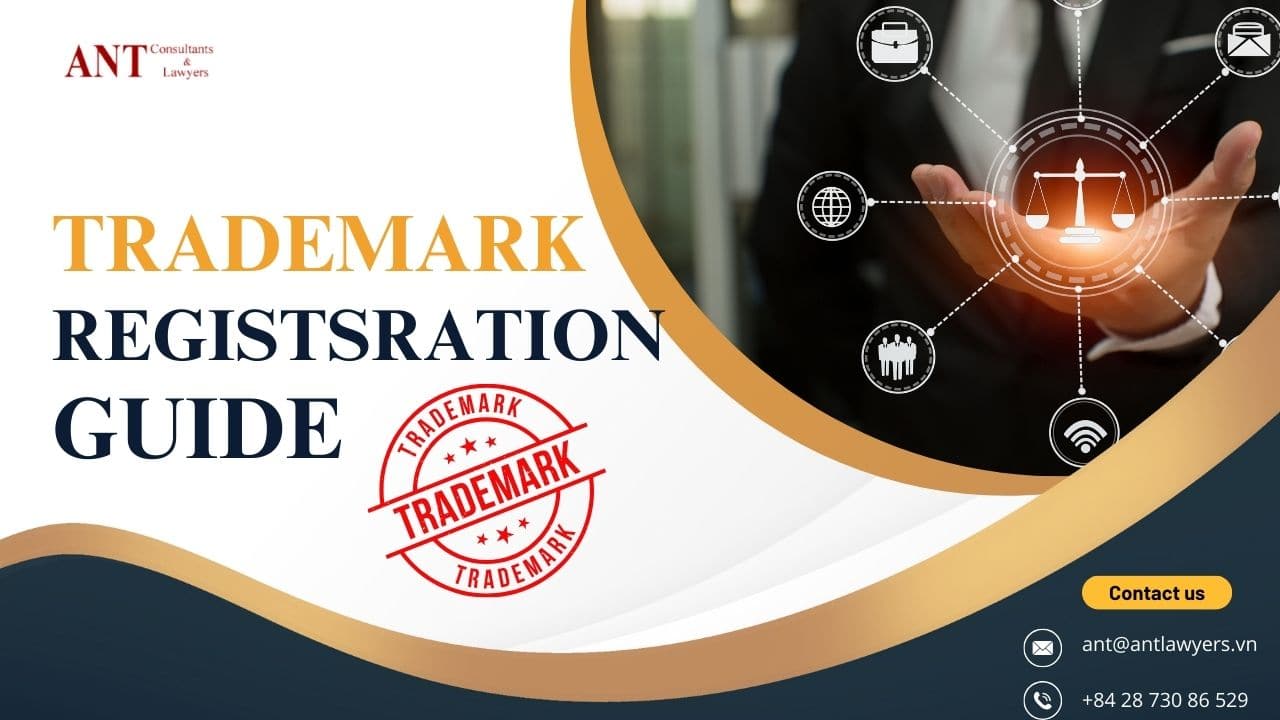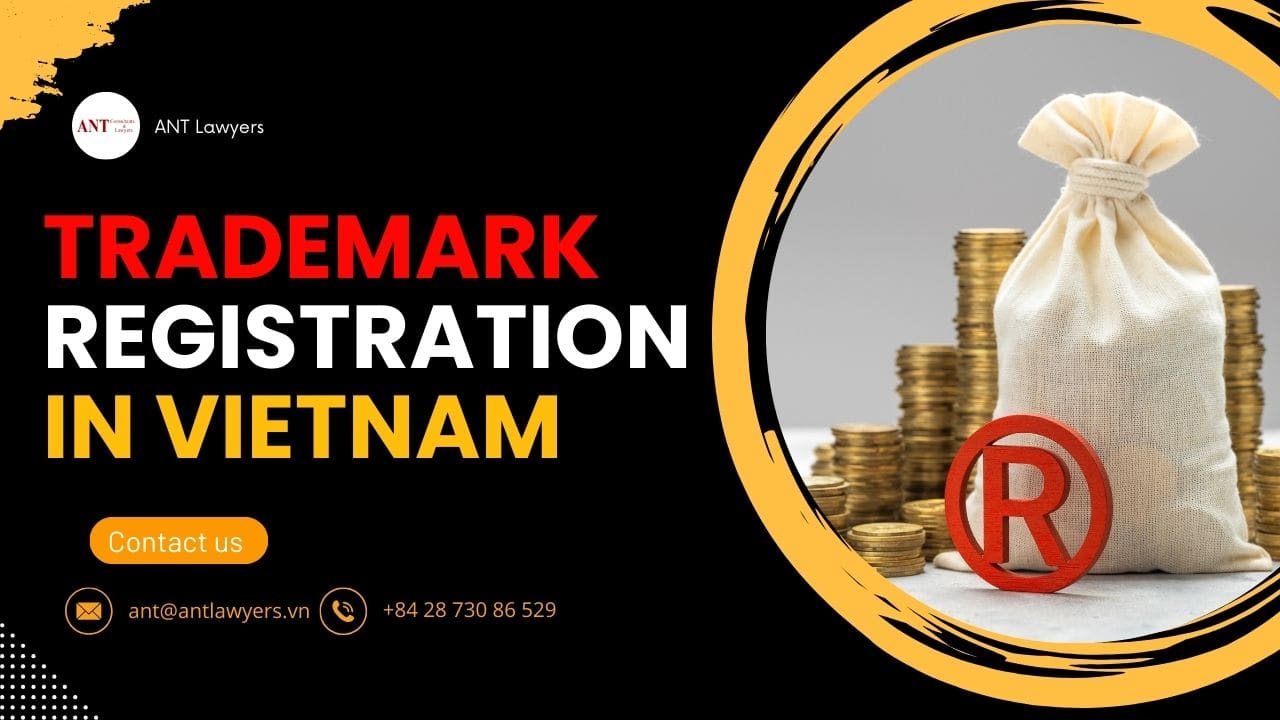Trademark Infringement Lawyers in Vietnam: 7 Crucial Reasons to Act Fast on Self-Protection


Trademark Infringement Lawyers in Vietnam: 7 Crucial Reasons to Act Fast on Self-Protection
Introduction on Why Trademark Infringement Lawyers in Vietnam is Needed
Imagine pouring your heart, resources, and time into building a successful brand, only to discover that someone else is using your trademark to profit off your hard work.
The frustration and disappointment are undeniable. For many businesses, especially foreign companies operating in Vietnam, encountering trademark infringement feels like a personal betrayal and a significant threat to their reputation and bottom line.


The moment you realize your intellectual property has been violated, questions and doubts arise: How did this happen? What steps should I take to stop it? Do I have the resources to handle this on my own?
These uncertainties often lead to rushed decisions or ineffective self-protection measures that can drain your energy and resources.
The intricate legal and procedural requirements in Vietnam make handling trademark violations alone an uphill battle.
Seeking help from trademark infringement lawyers in Vietnam early in the process can be the game-changer your business needs to protect its intellectual property efficiently and effectively.
We will explore why trademark self-protection is critical, the challenges involved, and how trademark infringement lawyers in Vietnam can help you safeguard your brand while focusing on what you do best: growing your business.
Why Is Trademark Self-Protection Critical in Vietnam?
Vietnam’s vibrant economy and rapidly growing market make it an attractive destination for foreign businesses. However, these same conditions have also led to an increase in trademark infringements, as unscrupulous parties attempt to profit from well-established brands. Without proactive protection, your business could face severe consequences, including:
-Loss of brand value and reputation.
-Financial losses from counterfeit or unauthorized products.
-A lengthy and costly legal battle to reclaim rights.
To mitigate these risks, trademark owners must take swift action to protect their intellectual property, leveraging both self-protection strategies and professional legal support from trademark infringement lawyers in Vietnam.
The Complexity of Trademark Self-Protection in Vietnam
Vietnamese law grants trademark owners several self-protection rights, enabling them to take action directly against infringers. These rights include:
-Applying technological measures to prevent infringement.
-Issuing formal requests to infringers to cease their activities and provide compensation.
-Seeking enforcement from relevant authorities to handle the infringement.
While these measures empower trademark owners to act independently, executing them effectively requires a thorough understanding of legal, technical, and procedural aspects. This can be particularly daunting for foreigners unfamiliar with Vietnam’s regulatory environment.
Challenges of Self-Protection
1.Technical Knowledge:
Applying technological measures to safeguard trademarks involves creating tools or systems to mark, identify, and protect intellectual property. This requires specialized expertise.
2.Engaging Infringers:
Communicating with infringers to demand a cessation of activities often involves drafting complex legal documents and negotiating terms.
3.Procedural Complexity:
Filing requests with authorities necessitates precise documentation, evidence gathering, and adherence to local protocols, which vary depending on the severity of the infringement.
Given these challenges, consulting with trademark infringement lawyers in Vietnam is crucial. Their expertise can help you navigate these complexities and avoid potential pitfalls.
Applying Technological Measures to Prevent Infringement
One of the primary self-protection measures available to trademark owners is the application of technological tools to prevent unauthorized use of their intellectual property. This includes methods such as:
-Creating digital watermarks or encrypted identifiers for trademarks.
-Using advanced labeling systems to distinguish genuine products from counterfeits.
While these methods are effective, their implementation requires technical know-how and resources. Trademark owners must also ensure that these measures align with Vietnamese regulations. Trademark infringement lawyers in Vietnam can provide valuable guidance, ensuring your technological measures are both compliant and effective.
Issuing Cease and Desist Letters to Infringers
Trademark owners in Vietnam have the right to directly address infringers, demanding that they stop their unlawful activities. This step typically involves:
-Drafting and sending a cease and desist letter.
-Providing evidence of trademark ownership and infringement.
-Setting a reasonable timeframe for the infringer to comply.
A well-crafted cease and desist letter is often the first line of defense, offering a cost-effective solution that can resolve disputes without escalating to legal proceedings. However, poorly executed communication can backfire, leading to further disputes or non-compliance. Trademark infringement lawyers in Vietnam have the expertise to draft compelling letters that maximize the likelihood of a favorable response from infringers.
Seeking Assistance from Competent Authorities
If infringers fail to cooperate, trademark owners can escalate the matter by filing a formal complaint with the relevant Vietnamese authorities. Depending on the case, this may involve:
-Administrative enforcement to impose fines or seize counterfeit goods.
-Civil litigation to seek injunctions or compensation.
-Criminal action in cases of severe or repeated infringement.
The process of filing a complaint requires comprehensive evidence, including detailed records of the infringement, proof of trademark ownership, and documentation of financial damages. Authorities may also request additional information, such as the suspected mode of distribution or exportation. This level of preparation is time intensive and requires careful coordination, tasks that are best handled by trademark infringement lawyers in Vietnam.
Navigating Customs Enforcement
Customs authorities in Vietnam play a crucial role in preventing counterfeit goods from entering or leaving the country. Trademark owners can request a temporary suspension of customs clearance for suspected infringing goods, but this process involves:
-Providing detailed descriptions of the suspected goods, including their origin, packaging, and distinguishing features.
-Submitting security deposits to cover potential damages if the complaint is unfounded.
Given the stringent requirements and the need for detailed information, seeking the assistance of trademark infringement lawyers in Vietnam is highly advisable. They can liaise with customs authorities, ensuring that your request is processed efficiently and effectively.
The Role of Trademark Infringement Lawyers in Vietnam
While Vietnam’s legal framework empowers trademark owners to protect their intellectual property, the complexities involved often necessitate professional legal support. Here’s how trademark infringement lawyers in Vietnam can make a difference:
1.Expertise in Local Laws and Procedures
Trademark infringement lawyers possess a deep understanding of Vietnam’s intellectual property laws and enforcement mechanisms. They can:
-Assess the severity of infringement and recommend appropriate actions.
-Ensure compliance with legal and procedural requirements.
2.Efficient Documentation and Representation
Lawyers streamline the preparation and submission of legal documents, ensuring accuracy and completeness. They also represent clients in negotiations, reducing the burden on trademark owners.
3.Strategic Resolution of Disputes
By prioritizing cost-effective measures, such as cease-and-desist letters or administrative actions, lawyers can help resolve disputes efficiently, minimizing financial and reputational damage.
4.Access to Specialized Resources
Trademark infringement lawyers have access to tools and networks that facilitate evidence gathering, investigation, and enforcement. They also maintain relationships with key authorities, expediting the resolution process.
Why Foreign Businesses Need Legal Support
For foreign businesses, the challenges of trademark self-protection in Vietnam are amplified by language barriers, cultural differences, and unfamiliarity with local laws. Engaging trademark infringement lawyers in Vietnam helps foreign businesses:
-Overcome communication barriers and effectively engage with authorities and infringers.
-Navigate Vietnam’s legal system with confidence.
-Protect their intellectual property while focusing on core business activities.
Conclusion: Secure Your Brand with Legal Expertise
Trademark self-protection in Vietnam is a crucial yet complex undertaking, requiring a blend of legal knowledge, technical expertise, and strategic action. While the law provides several mechanisms for trademark owners to address infringement, executing these measures effectively is often beyond the capabilities of individuals or businesses unfamiliar with the local regulatory landscape.
By engaging trademark infringement lawyers in Vietnam, businesses can navigate these challenges with confidence. From drafting cease-and-desist letters to representing clients in legal proceedings, these professionals provide the expertise and support needed to safeguard intellectual property rights.
For foreign businesses operating in Vietnam, securing your brand’s future starts with proactive measures and expert legal guidance. Don’t wait for infringement to escalate—take action today with the help of trusted trademark infringement lawyers in Vietnam.
About ANT Lawyers, a Law Firm in Vietnam
We help clients overcome cultural barriers and achieve their strategic and financial outcomes, while ensuring the best interest rate protection, risk mitigation and regulatory compliance. ANT lawyers has lawyers in Ho Chi Minh city, Hanoi, and Danang, and will help customers in doing business in Vietnam.
How ANT Lawyers Could Help Your Business?
You could learn more about ANT Lawyers IP Practice or contact our IP attorneys in Vietnam for advice via email ant@antlawyers.vn or call our office at (+84) 24 730 86 529
Recent Posts
6 Smart Moves to Improve ESG for Exporters in Vietnam and Unlock Global Trade Advantages
The World Is Watching You have the product. The factory is certified. Your logistics are…
7 Essential Truths to Open an Indirect Investment Account in Vietnam and Grow with Confidence
Do you want to invest overseas into Vietnam? Do you want to open an indirect…
5 Crucial Facts About ESG Laws in Vietnam That Could Save Your Business and Reputation
The Business World Is Changing Fast Rules are shifting. Expectations are rising. Eyes are watching. …
7 Powerful Reasons Why ESG Compliance in Vietnam Will Win You Trust, Growth, and Global Clients
Trust matters. Today, more than ever. Across industries, many companies are now being asked. directly…
7 Bold Reasons Why Tokenization in Vietnam Could Transform Your Future
Change is coming. Quietly. Digitally. Rapidly. Let’s imagine the situation, which assets are no longer…
Vietnam P2P Lending: 5 Bold Reasons Why Decree 94/2025 Could Empower Millions or Backfire?
A New Financial Chapter Begins in Vietnam One person lends. Another borrows. It’s that simple.…




